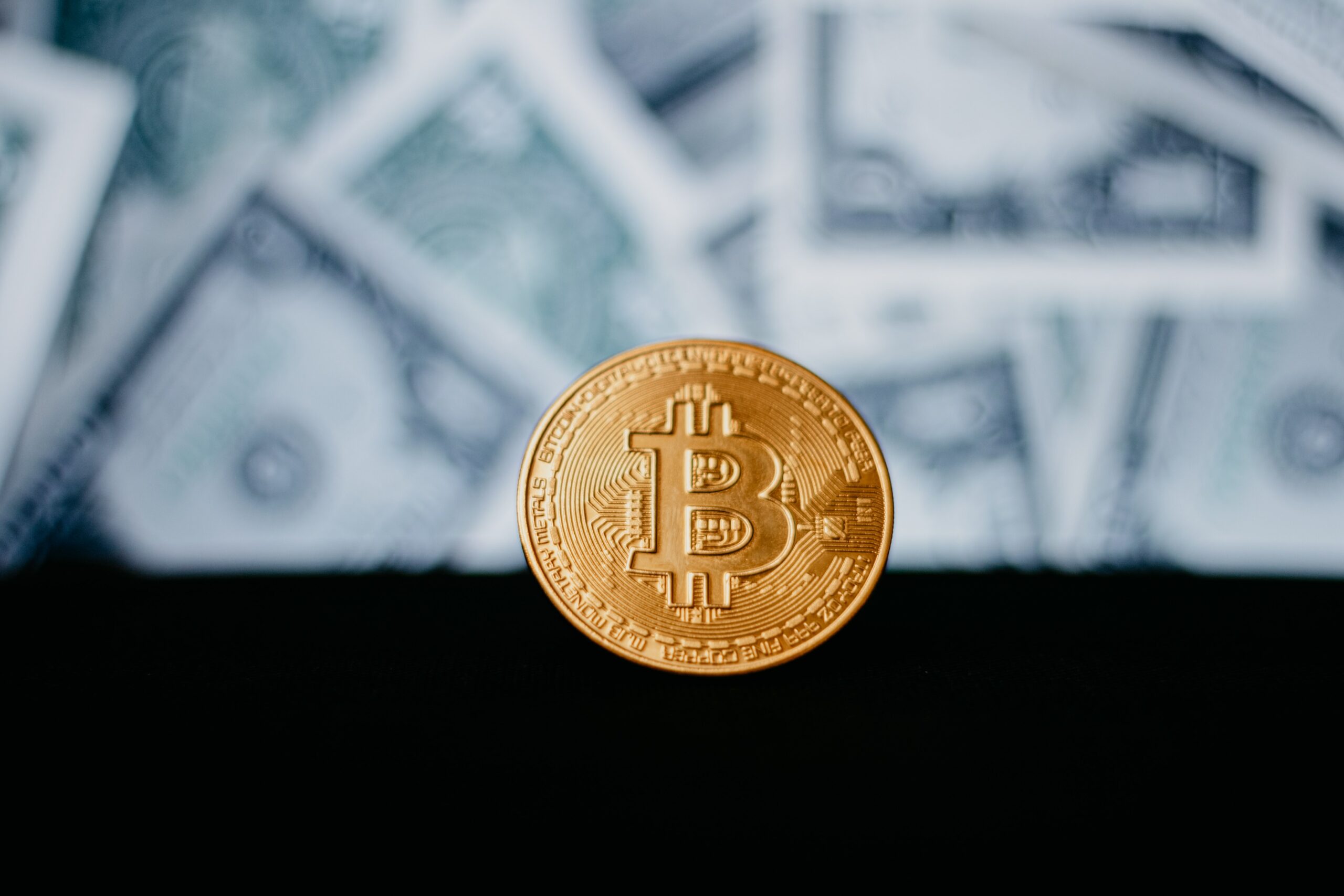
Transformation is the secret of innovation. This was one of the most assertive conclusions of the easypay Conference, an event dedicated to change and transformation.
In this event, David Rowan, former editor of WIRED UK, shared stories of true innovation, as a result of a trip he made to 19 countries.
At the centre of the discussion, a question: how does an innovation ecosystem develop? What makes an organization a hub for new ideas and creativity? And are the lessons of innovation in companies applicable to the future of money?
How much is money worth?
We open our wallet and maybe see a coin. The currency is physical, we can hold it in our hands. But not all of us see the same thing. In some countries, such as China or South Korea, there are no more coins, no more cards or identity documents.
The most important personal information, from identification to credit cards, is now digital. How was a transformation on this scale possible? And what do we have in store for the next 10 to 15 years?
To know the answer, we need to look at the past. Money as we know it has only been around for relatively few years. France printed the first banknote in the world in the 17th century. More recently, currencies dwindled. The past 30 years witnessed the disappearance of over 600 currencies. And the trend is picking up speed.
What is the future of money? And the money of the future?
Several experts point out that the current monetary system will undergo significant changes in the coming years. Why? Because inflation, illicit economics or counterfeiting can easily compromise physical money.
Money changes societies and societies change money. When money “was born”, the population of our planet was about 2 million inhabitants. Today, we expect the population to reach 9 billion soon. The system is under pressure.
The future of money is already being drawn. A new and more comprehensive system is developing rapidly. Money is becoming invisible. New technologies offer alternative ways to make payments. You can now transfer money using smartphones, apps, smartwatches, bracelets and many others.
The future of money and innovation
The history and future of money is part of a more comprehensive transformation in society, through innovations that improve the consumer experience.
David Rowan, the former Editor of WIRED UK, left some clues for entrepreneurs looking to promote a culture of innovation in their companies. Speaking at the easypay Conference, he highlighted the importance of an entrepreneurial mindset, as a key skill for leaders with targets set on transforming the state of an industry.
“The ability to take risks and to encourage people to take risks, even if the culture in the sector is slow to evolve, is vital. Companies need people with different ways of thinking and opinions. It makes a difference. ”
At easypay, we are experts in helping companies find new payment solutions that support a transformation strategy. Get in touch with our team.
